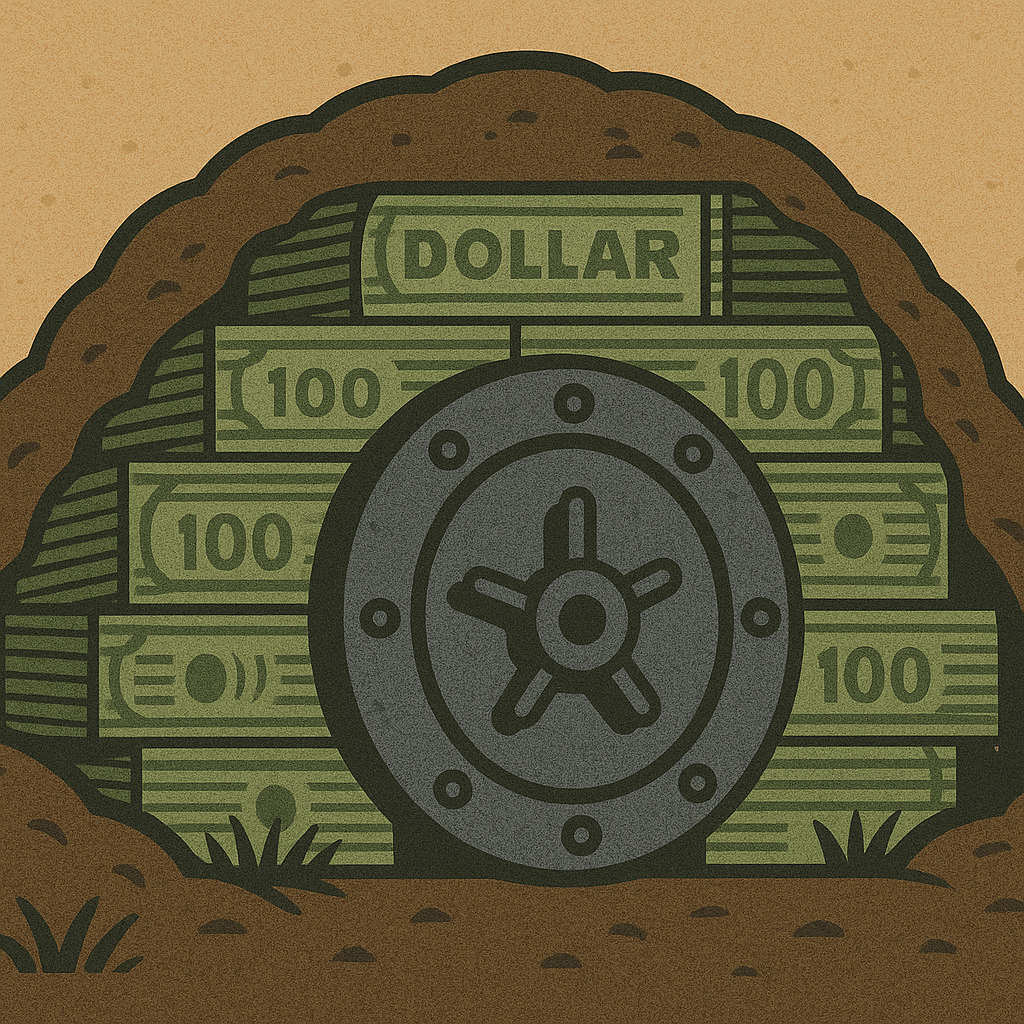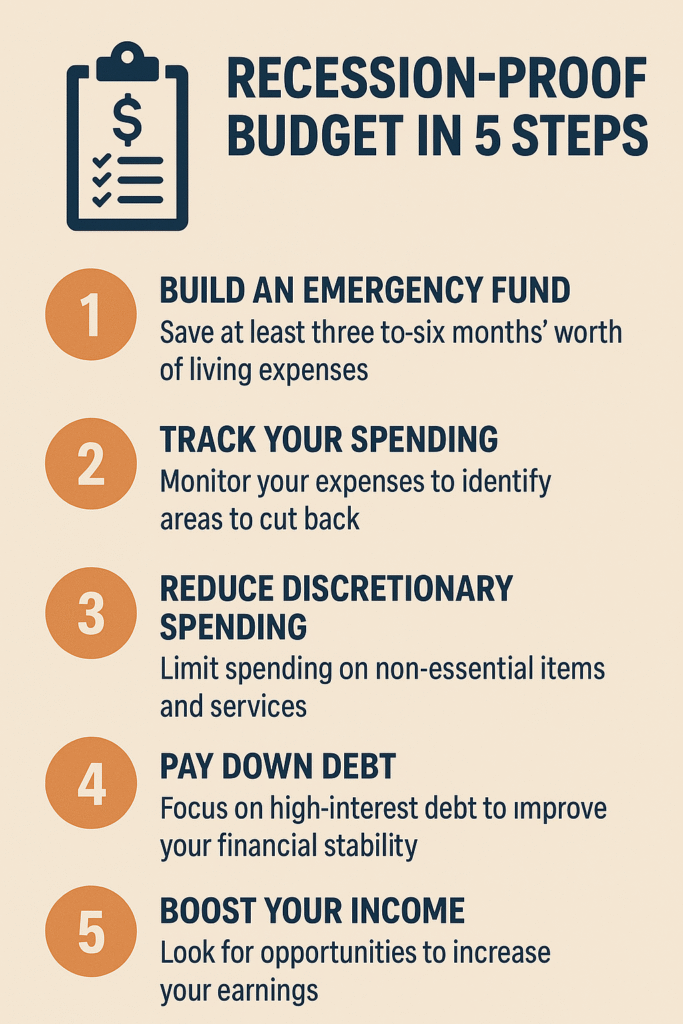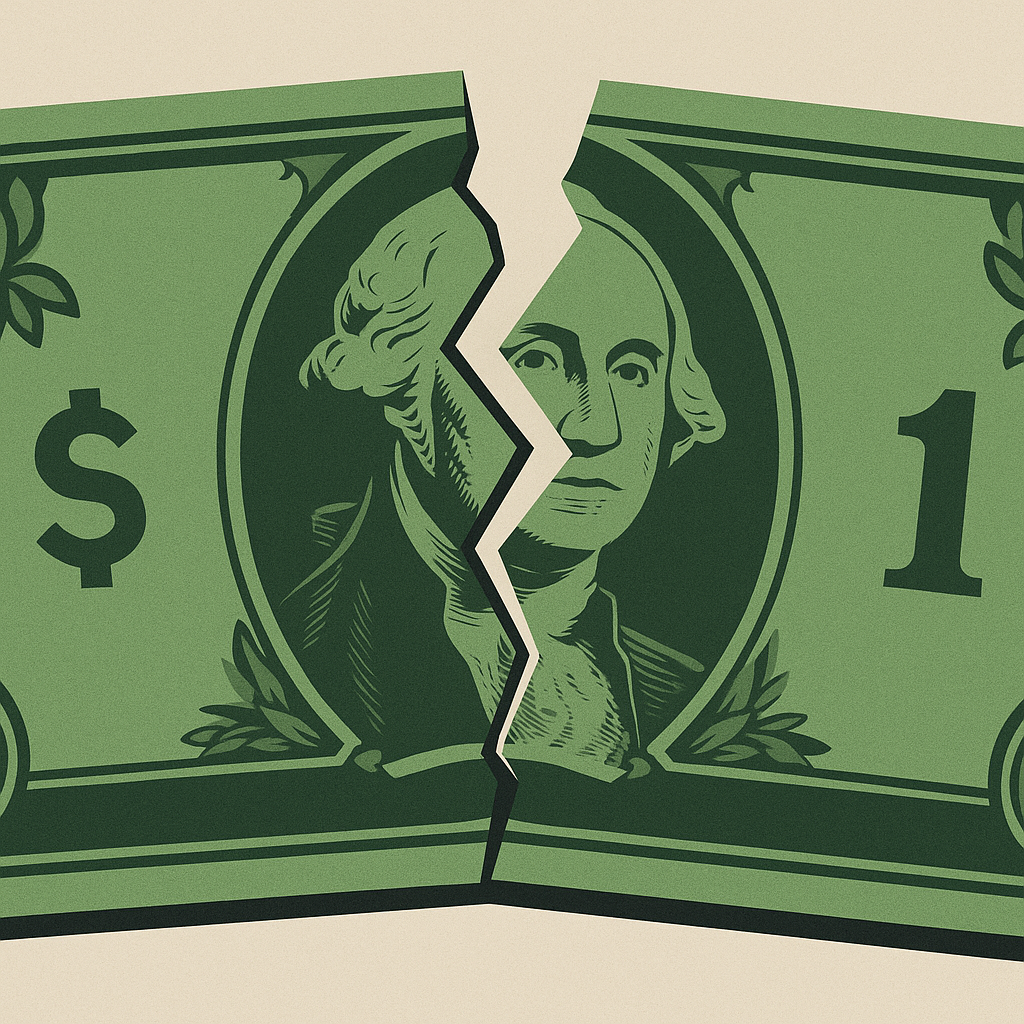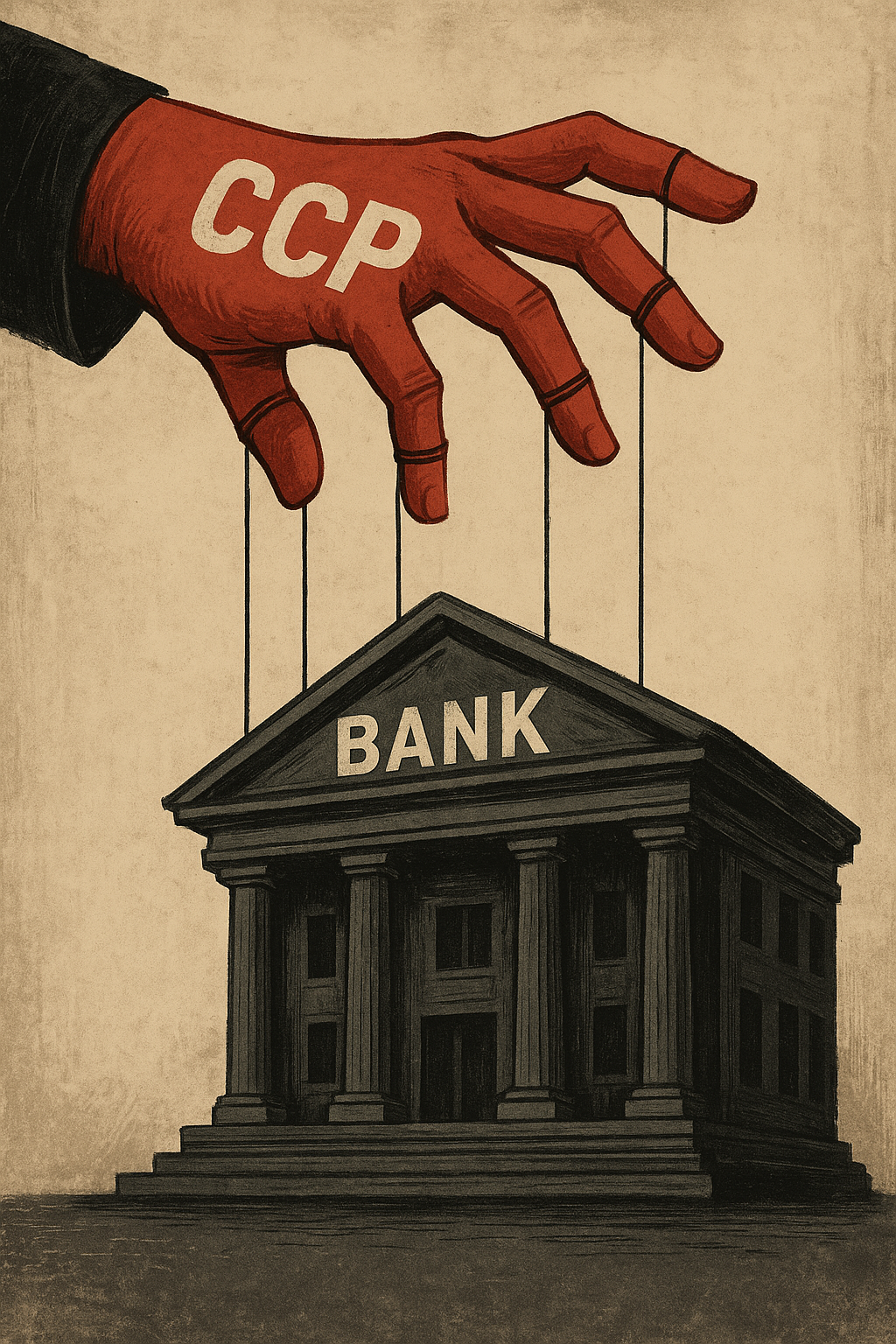By: Michael Moats
The word “recession” often sparks fear—images of layoffs, market crashes, and financial instability flash before our eyes. Yet, while economic downturns are an inevitable part of the global financial cycle, being unprepared is optional. In this article, we’ll explore why recessions happen, what you can do to protect your finances, and how a smart budget today can shield you tomorrow.
Whether you’re a young professional, a family provider, or a retiree, this guide offers practical steps to recession-proof your life. Let’s dive in.
What Is a Recession, Anyway?
A recession is typically defined as two consecutive quarters of negative economic growth (as measured by a country’s Gross Domestic Product, or GDP). In plain terms, it means the economy is shrinking—businesses are cutting back, jobs are being lost, and spending slows down.
While every recession is unique, the warning signs are often similar:
- Rising unemployment
- Falling stock markets
- Declining consumer confidence
- Sluggish economic growth
Knowing the patterns helps you plan instead of panic.

Why Should You Care? (Even If It Hasn’t Hit You Yet)
Many people think “I’ll deal with it when it comes.”
But by then, it’s often too late.
A recession doesn’t just impact the stock market; it can affect:
- Your job: layoffs and hiring freezes
- Your savings: investments losing value
- Your everyday costs: rising prices for essentials
Preparing before a recession means:
- Securing your income
- Shielding your savings
- Reducing your liabilities
- And positioning yourself to thrive when the economy rebounds

Your Recession-Proof Budgeting Plan in 5 Steps
Step 1: Track Every Dollar
Start by tracking your income and expenses for a month. Use apps like YNAB, Mint, or even a simple spreadsheet.
Categorize spending:
- Fixed (rent, utilities)
- Variable (groceries, gas)
- Discretionary (subscriptions, dining out)
This awareness helps you spot where you can cut back.
Step 2: Cut the Fluff (Gently)
Look at discretionary expenses—streaming services, gym memberships, premium apps, luxury goods.
Ask:
- “Do I need this right now?”
- “Will cutting this hurt my quality of life?”
Aim to reduce your spending by at least 10-20%. Small cuts now can prevent big problems later.
Step 3: Build an Emergency Fund
If you don’t have at least 3-6 months of living expenses saved, this should become your top priority.
Start small:
- Set aside 10% of your paycheck.
- Automate savings into a high-yield savings account.
- Consider side gigs like freelance work, tutoring, or selling items you no longer need.
Your emergency fund is your lifeboat during storms.
Step 4: Tackle High-Interest Debt
Debt, especially credit card debt, is a recession’s best friend—but not yours.
Strategies:
- Snowball Method: Pay off smallest debts first for motivation.
- Avalanche Method: Pay off highest interest debts first to save money.
Consider 0% APR balance transfer offers or debt consolidation if you qualify.
The goal? Minimize fixed monthly obligations so you have breathing room when the economy tightens.
Step 5: Recession-Proof Your Income
Think of income as your financial engine.
Ask yourself:
- Can I diversify my income sources?
- Do I have skills that are in demand regardless of economic conditions?
(Think healthcare, education, repair services, essential trades.)
Even a small side hustle—like freelance writing, consulting, or selling online—can make a huge difference.

Pro Tips for Staying Financially Resilient
- Invest in yourself: Learn new skills, take online courses, or get certifications that increase your earning potential.
- Avoid lifestyle inflation: If your income rises, don’t immediately upgrade your car or move into a pricier apartment.
- Stay informed but calm: Follow reputable sources, but avoid doom-scrolling or panic-driven decisions.
- Think long-term: Recessions end. Those who prepare today are in a prime position when the economy rebounds.
A Recession is a Storm—Build Your Shelter Now
Recessions don’t need to derail your life. They’re part of the natural economic cycle, and while they may be unavoidable, the impact they have on your personal finances is not.
By building a smart budget, cutting unnecessary expenses, boosting your savings, and diversifying your income, you take control of your financial destiny—even in uncertain times.
Conclusion
Preparing for a recession is not about fear—it’s about foresight.
The earlier you start, the stronger your financial position will be, no matter what the economy throws at you.
So:
- Track your spending.
- Cut the non-essentials.
- Save for a rainy day.
- Pay down debts.
- Strengthen your income.
Start today—your future self will thank you.



Your point of view caught my eye and was very interesting. Thanks. I have a question for you.
Thanks for sharing. I read many of your blog posts, cool, your blog is very good.
Thanks for sharing. I read many of your blog posts, cool, your blog is very good. https://www.binance.com/da-DK/register?ref=V3MG69RO
Needed the apk for shwecasino and this site hooked me up quick. Downloaded it easy peasy. Appreciate that! No sketchy stuff. shwecasinoapk
What’s up guys? Trying out medusagamevn. The themes are interesting. Could be a fun time killer. See what you think at medusagamevn
I don’t think the title of your article matches the content lol. Just kidding, mainly because I had some doubts after reading the article. https://www.binance.com/ka-GE/register?ref=ILE8IH9H
Okay, so 82jiliphlogin is where it’s at to get into the action. The login process is smooth, no hassle at all. Worth a try if you’re looking for a quick and easy entry point. Link here: 82jiliphlogin.
I don’t think the title of your article matches the content lol. Just kidding, mainly because I had some doubts after reading the article.
As a long-time Sprunki fan, I appreciate the polish in Sprunki But Will You Adopt Simon?. The sprite work is cleaner and the controls feel tighter than previous versions. Worth the grind!
Mastering Sprunki But Will You Adopt Simon? is so rewarding. The music sync with the enemy patterns (or animations) is chef’s kiss. Pro tip: watch for the tempo changes!
As someone who’s played many Sprunki mods, Sprunki But Will You Adopt Simon? finally nails the difficulty curve. The new mechanics add strategic depth without being overwhelming. GG to the devs!
Thank you for your sharing. I am worried that I lack creative ideas. It is your article that makes me full of hope. Thank you. But, I have a question, can you help me?
I don’t think the title of your article matches the content lol. Just kidding, mainly because I had some doubts after reading the article. https://accounts.binance.info/sk/register?ref=WKAGBF7Y
Your point of view caught my eye and was very interesting. Thanks. I have a question for you.
Can you be more specific about the content of your article? After reading it, I still have some doubts. Hope you can help me.
Can you be more specific about the content of your article? After reading it, I still have some doubts. Hope you can help me.